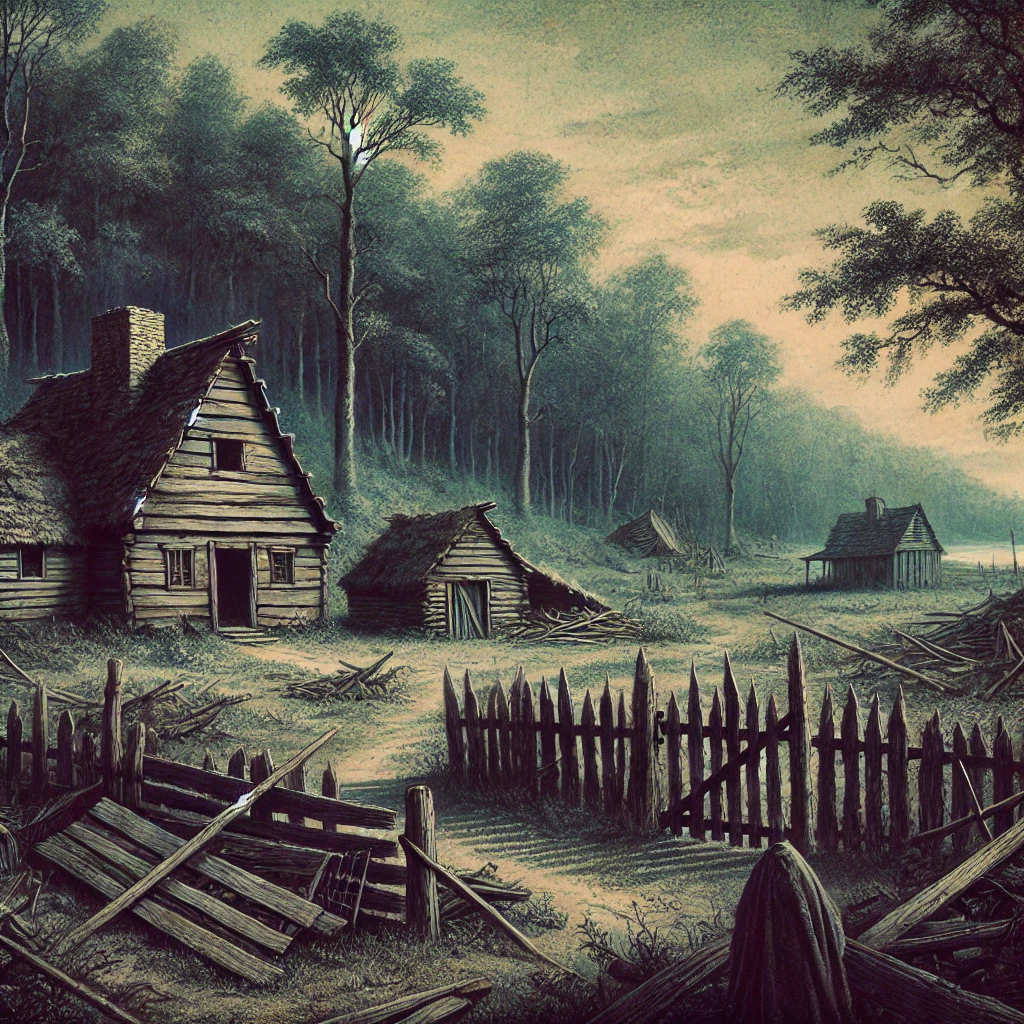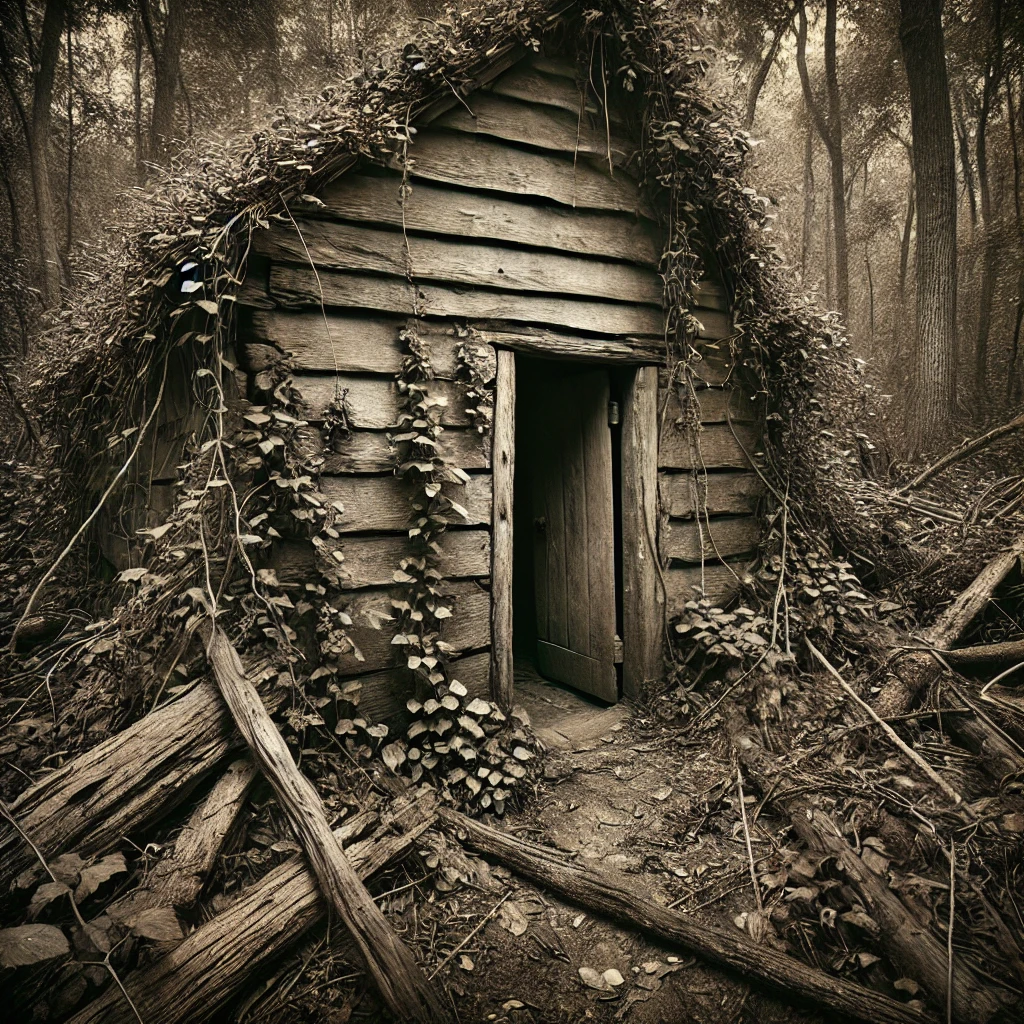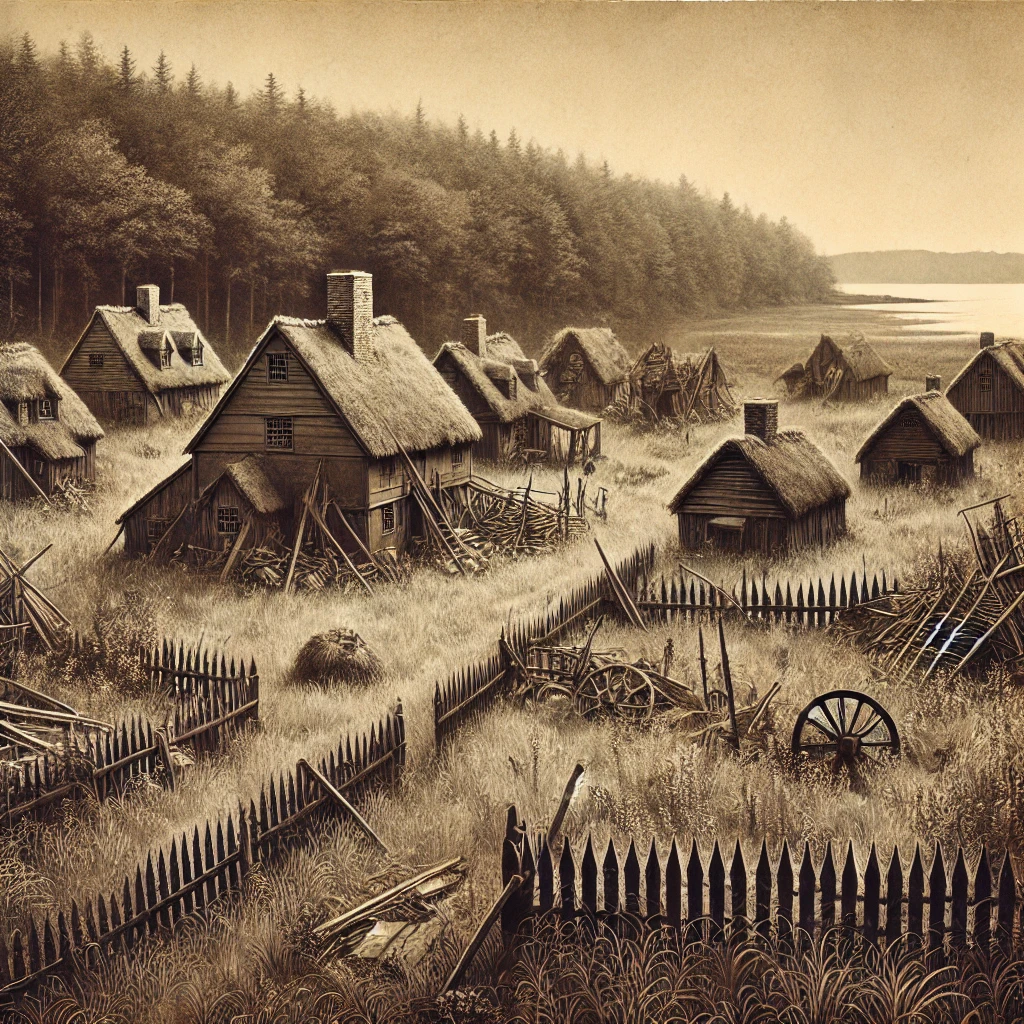On August 18, 1590, the Roanoke Colony, established by Sir Walter Raleigh, was found deserted by its governor, John White. Roanoke, located on Roanoke Island in present-day North Carolina, was one of the earliest English attempts at establishing a permanent settlement in the New World. The colony had been founded in 1585, and a second group of settlers arrived in 1587. However, due to various challenges, including supply shortages and conflicts with Indigenous peoples, the colony struggled to thrive.
Governor John White had returned to England in 1587 for supplies, leaving behind his daughter, granddaughter, and other settlers. His return to Roanoke in 1590 was met with the shocking discovery that the settlement had been abandoned. The disappearance of the Roanoke colonists remains one of the great mysteries of early American history. The only clue left behind was the word “Croatoan” carved into a tree, which suggested a possible connection to the nearby Croatoan tribe.

The Search and Theories
The abandonment of Roanoke Colony prompted immediate searches and investigations. White and other explorers scoured the area, but no trace of the missing settlers was found. Various theories emerged over the years regarding the fate of the Roanoke colonists. Some speculated that the settlers had been attacked by Indigenous groups or had perished due to starvation or disease. Others proposed that the colonists had assimilated with local tribes or relocated to other areas.
Historical records and archaeological evidence have provided only limited insights into the disappearance. The “Croatoan” inscription has led to theories that the colonists may have moved to Hatteras Island, where the Croatoan tribe lived. Despite extensive research and exploration, the exact fate of the Roanoke settlers remains unknown, and the mystery continues to captivate historians and enthusiasts.

The Legacy and Impact
The Roanoke Colony’s disappearance had significant implications for the history of English colonization in the Americas. The failure of the Roanoke venture highlighted the challenges of establishing permanent settlements in the New World and influenced subsequent efforts. The experiences of the Roanoke settlers provided valuable lessons for later colonists, including the importance of preparation, supply lines, and relations with Indigenous peoples.
The Roanoke mystery has become an enduring part of American folklore and historical intrigue. It has inspired numerous books, documentaries, and speculative theories about the fate of the lost colony. The story of Roanoke serves as a reminder of the risks and uncertainties faced by early explorers and settlers and continues to be a subject of fascination for those interested in the early history of America.

On August 18, 1590, the discovery that Roanoke Colony had been deserted marked a significant event in the history of English colonization. The fate of the Roanoke settlers remains one of the great unsolved mysteries of early American history, and the legacy of the colony continues to influence our understanding of the challenges faced by early explorers and settlers in the New World.
